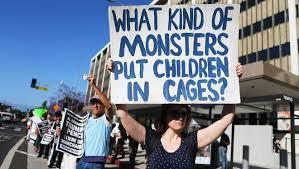Through most of the last century, China was very poor. Exacerbated by conflict and upheaval, and, for the Communist regime’s first three decades, its harebrained Maoist economic policies. When Deng Xiaoping came to power in 1978, the new leadership saw China’s huge and growing population as a Malthusian threat, with limited resources being divided among ever more people. Thus the one-child policy.
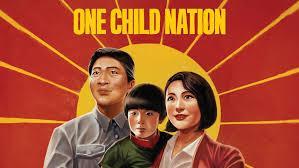
First, a point not made in the film. Seeing the policy as desperately needed was a terrible misjudgment by the leaders. They were also opening up the economy. Perhaps they could not have foreseen how successful that would prove. Instead of a limited economic pie feeding an expanding populace, the pie grew much faster than population. And even with no measures to contain it, population growth would have slowed on its own due to the exploding prosperity. All over the world, as people become better off, they choose smaller families. Reasons include expecting fewer child deaths, not needing children’s work, and more education, especially for girls. In many nations birth rates have plunged dramatically. So China’s leaders were wrong to fear a Malthusian trap.

This has led to a long-overdue switch to a two-child policy. Previously there was relentless propaganda telling people that having more than one child was criminal. Now it’s abruptly changed to saying one is not enough. Yet despite recognizing this need for more births, they’re still enforcing a two-child limit. It doesn’t occur to the regime to just let people make their own choices.
The policy has had other bad effects. The Chinese have a deep-seated cultural preference for male children, for family continuity. Because girls join their husbands’ families, their offspring, as the film showed, are not even regarded as really grandchildren. So couples wanted their one child to be a boy. More about this later, but the result is a population with many more males than females.
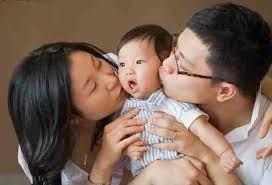
And the one-child policy made for an ugly brutalization of Chinese society. This was the film’s main focus.
Those inclined to applaud such a population control initiative may not think through what enforcement must entail. Many people don’t just say, “Oh, okay, only one.” Especially where contraception isn’t readily available.
The film highlighted how everyone regarded the policy as being “strictly” enforced. And among its enforcers a common refrain was “What could I do?” They saw no choice but to follow the policy, dictated from above. Regardless of the horrible things it required.
Like destroying possessions and even the homes of violators, in punishment. And forced abortions and sterilizations. One spoke of performing sterilizations on women dragged in trussed up like pigs, screaming in protest. Abortions would be imposed even at the very end of pregnancies. It was literal baby-killing, said one woman who did thousands of them. To atone, she now limits herself only to fertility treatments.
The already noted preference for boys meant many girls aborted when so identified by ultrasound. But, like contraception, that wasn’t always available. So if you birthed a girl, not wanting to thusly “waste” your one-child quota, you’d often get rid of her.
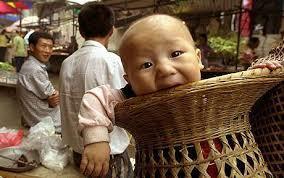
Another gave hers to a trafficker. Then we saw an interview with a man who’d been China’s top trafficker, saying he’d handled 10,000 babies. Until busted. He, along with many family members, went to prison. Sounds pretty horrible. What actually happened to all those tots? He sold them to orphanages. And most were ones he simply found. Traveling along a road, there’d always be babies abandoned in baskets or boxes. The orphanages did a brisk business charging Americans large sums for adoptions (while falsifying documentation of where the kids came from).
Seemed to me that “trafficker” was more humanitarian than criminal. But the whole picture seemed downright crazy. Why not eliminate the middleman (and the horror of babies abandoned on roadsides) and simply let parents give their babes to orphanages? Mightn’t that be more rational and humane? But it would have undercut draconian enforcement of the policy.
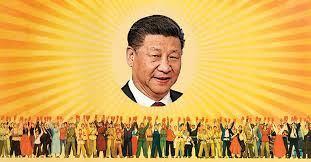
China has a long history of cultural refinement. Also a long history of brutality. For ordinary people, life was always quite harsh. That was actually long true of the whole world. Perhaps Chinese accepted the brutality of the one-child policy as merely what one should expect. But the really advanced nations have progressed greatly in that regard. We no longer accept such inhumanity as normal.
At the end, one of the filmmakers, now an American, remarked on the strangeness of going from a country with forced abortions to one often impeding abortions. Both restrict people’s ability to control their own lives.
In a larger view, our democratic system, with government far more accountable to citizens, does make for a more humane society.
